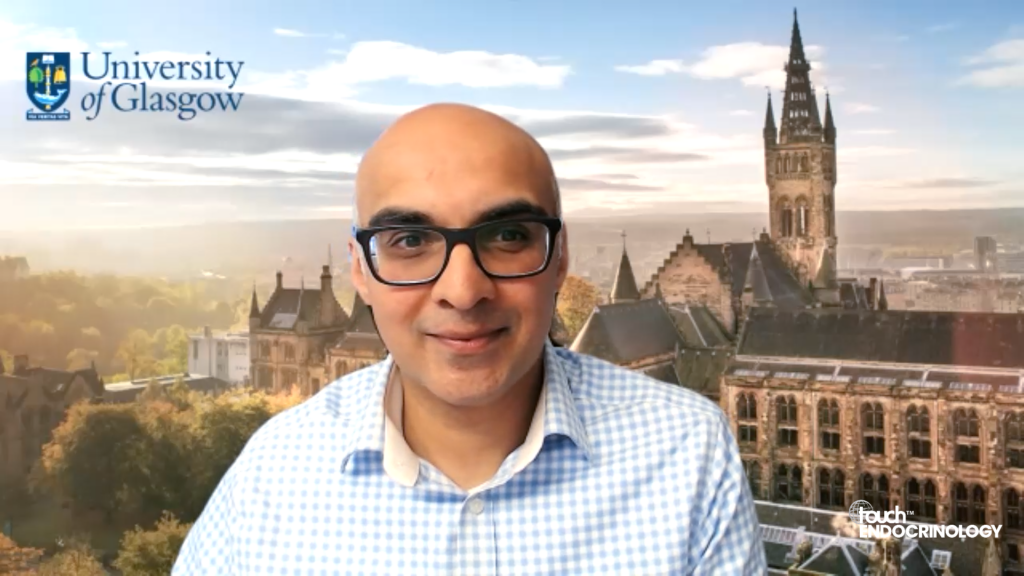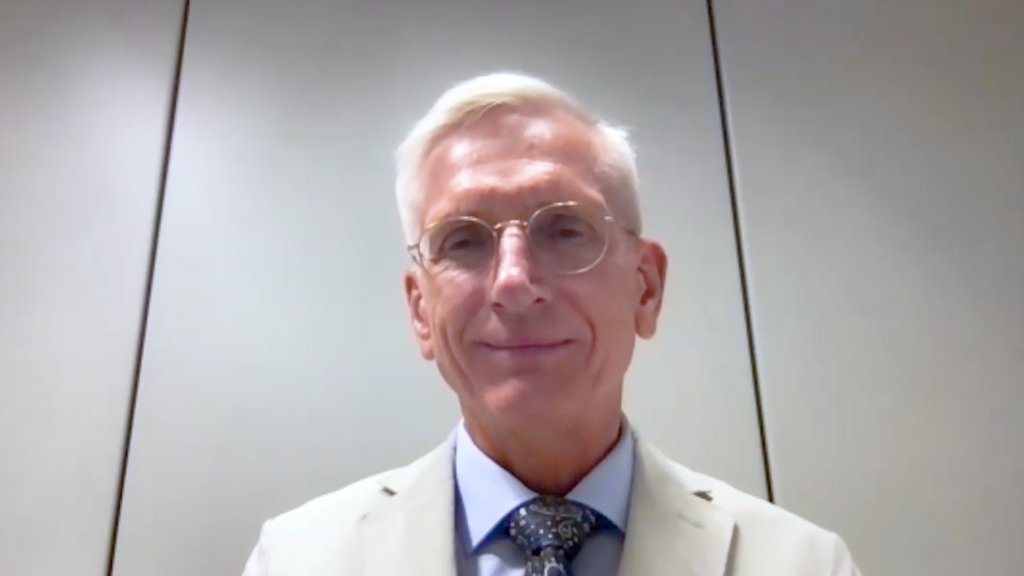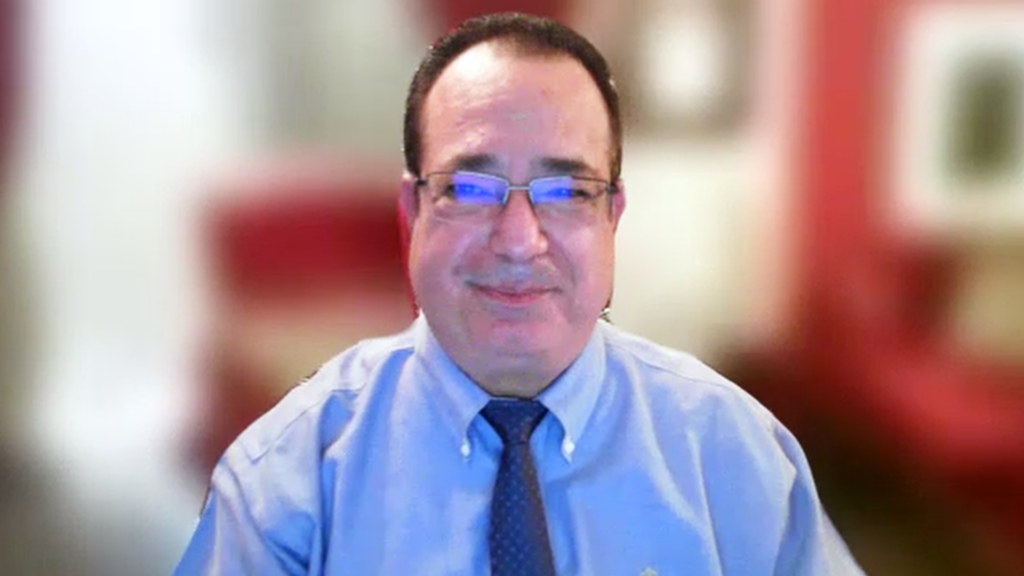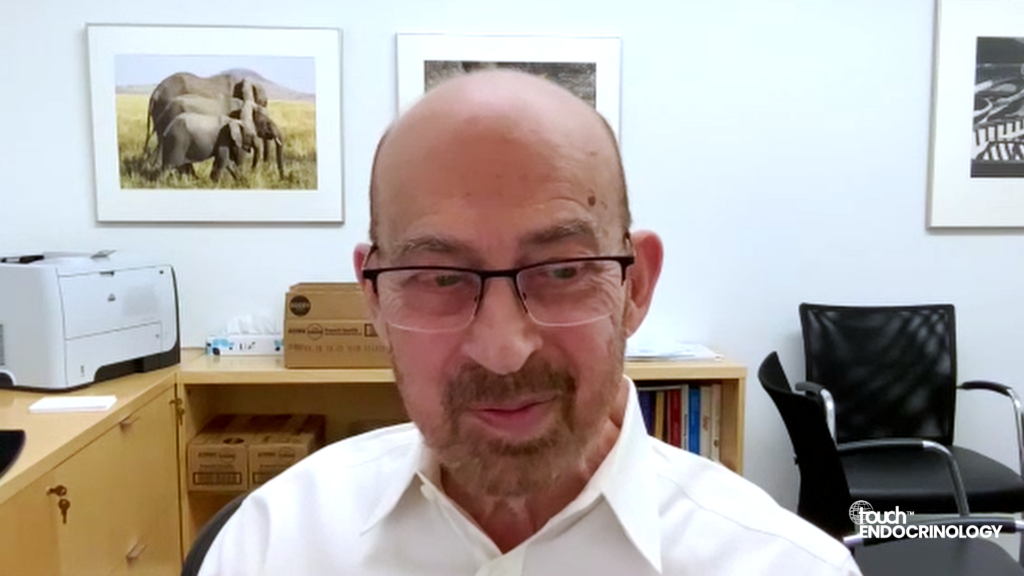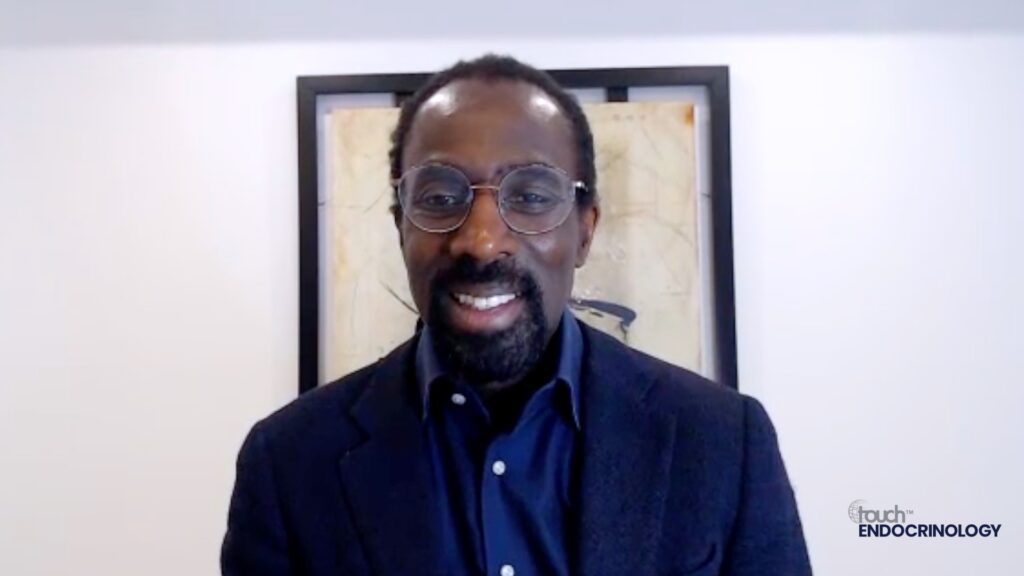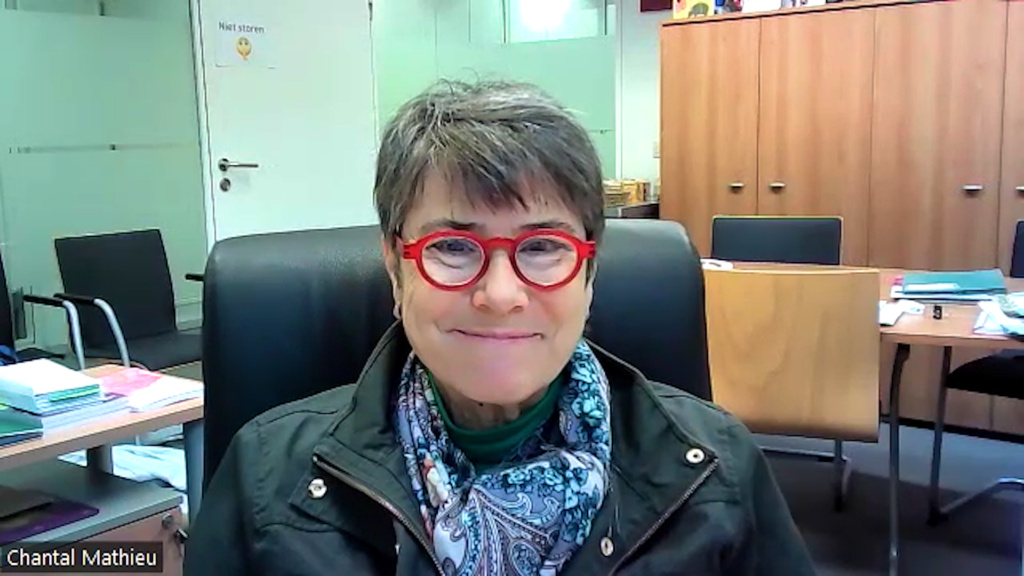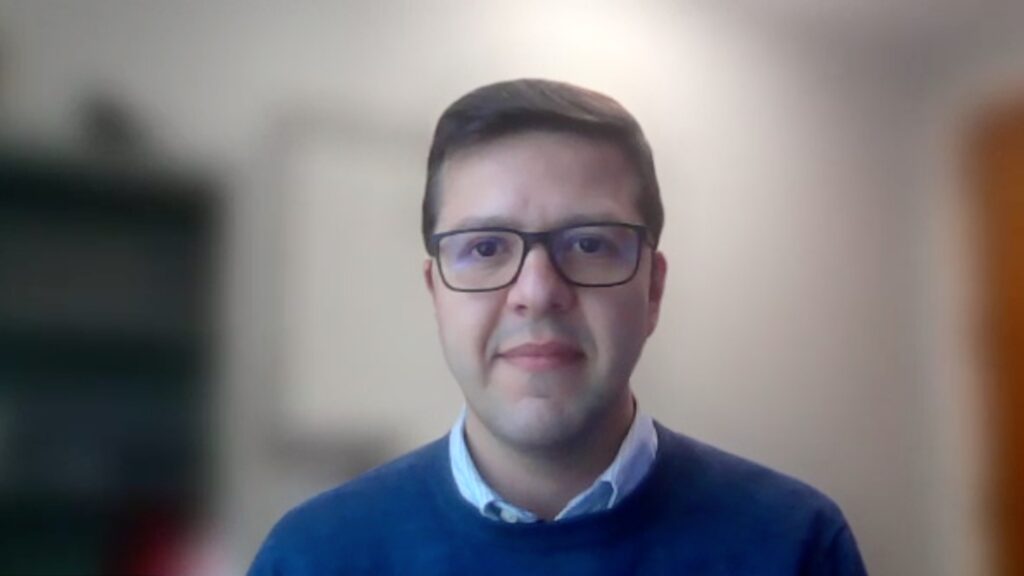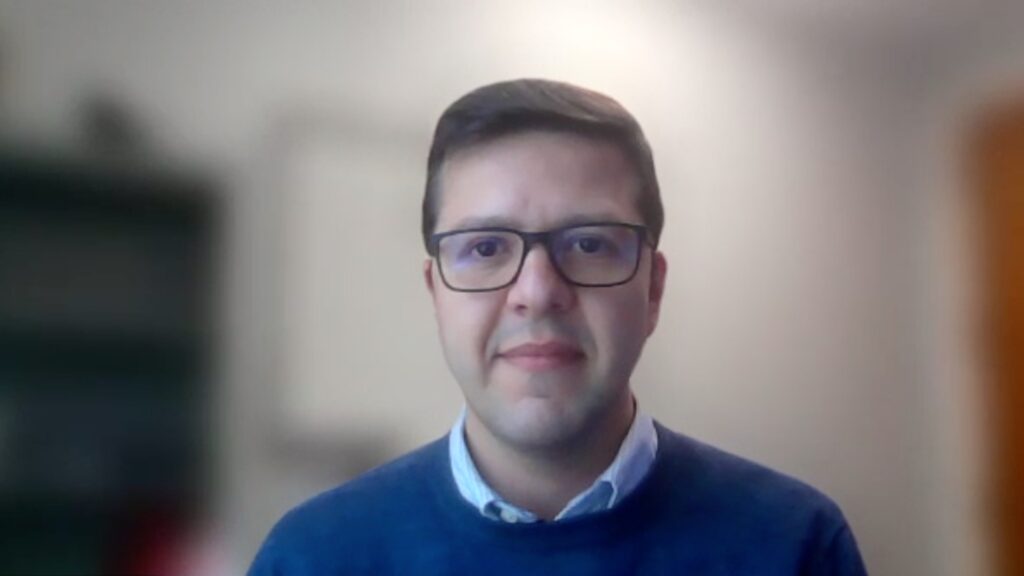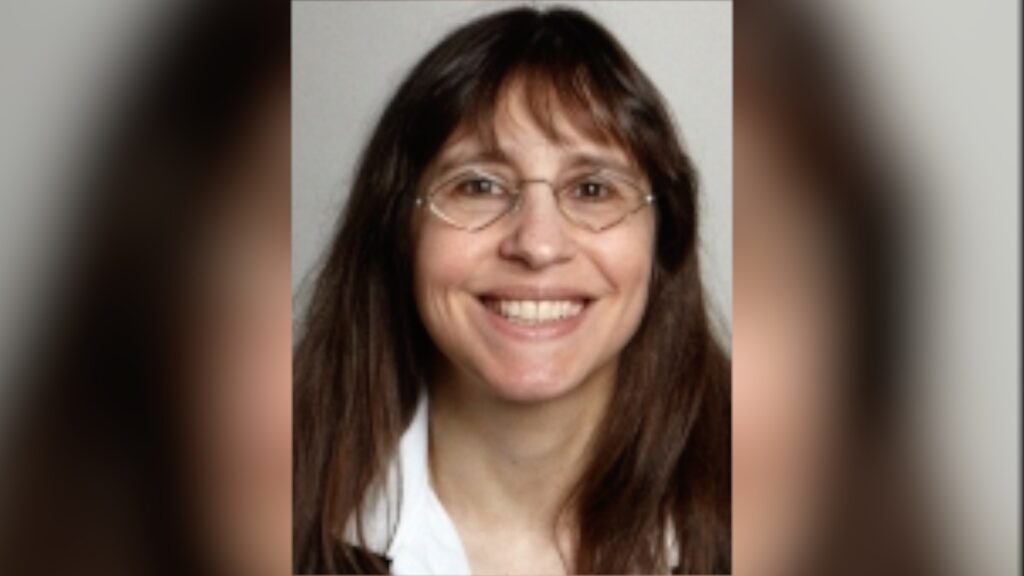
Established more than 25 years ago, the Immunology of Diabetes Society (IDS) is dedicated to improving our understanding of the mechanisms by which the immune system and the pancreas contribute to the development of type 1 diabetes (T1D). Every 18 months, the IDS, together with a local institution in Europe, North America or Asia/Oceania organize the Immunology of Diabetes Congress. In 2024, the 20th edition of the IDS congress will be held in Bruges, Belgium, 4–8 November, hosted by Prof. Chantal Mathieu and Dr Lutgart Overbergh (KU Leuven).
A new narrative
Historically, IDS conferences solely focused on the immunological aspect of T1D, with T lymphocytes being the main player in disease pathology. However, novel insights in T1D pathology expanded the focus of the meeting. The field is moving towards a more holistic view on autoimmunity, where T lymphocytes are not the only suspects. An increasing amount of research is focusing on abnormalities found in the islet microenvironment and other immune cells subsets, such as B lymphocytes, myeloid cells, neutrophils or natural killer cells. As genetic engineering strategies evolve, the development of cell-based therapies progresses, aiming to manipulate the autoimmune response and protect the β cells. Moreover, the β cell is an active contributor to its own destruction. Targeting pancreatic β cells from different points of view has become an appealing treatment strategy (e.g. making them more resistant for immune destruction or replacing the β-cell pool), each coming with their own challenges.
To screen or not to screen?
Using autoantibodies (AABs) as an important blood biomarker for T1D development and progression, standardized staging of the disease is well accepted. Early diagnosis of pre-symptomatic T1D in children, followed by education and monitoring, efficiently reduces complications. Moreover, with the rise of the FDA-approved drug, teplizumab, an interventional therapy able to delay transition to clinical T1D, general population screening has become a timely subject of discussion, facing multiple barriers: how do we set up a global universal screening strategy, what type of biomarkers/assays should be used, what to do when a child is seropositive for AABs, are there preventive interventions available etc.? IDS will provide an outlook on how to approach T1D as a heterogeneous disease and whether it is feasible to do population-wide screening.
Boosting from bench to bedside
As the focus of the IDS congress has evolved over the years, it has become the go-to conference on pathogenesis, prediction, prevention and cure of T1D. Until today, there has been a gap between academic scientists, endocrinologists, transplant surgeons, psychologists, immunologists and industrial partners, while the key to success lies in the multidisciplinary collaboration of these disciplines. Therefore, IDS aims to foster a community of T1D researchers, clinicians and industrial partners, introduce them to subjects that are out of their comfort zone, and promote networking. Dedicated time will be allocated to the latest developments in clinical trials and how preclinical models and technologies promote translation from mice to men. We believe that cross-fertilization is crucial to create new insights, leading to better prediction, prevention and eventually the cure of T1D.
Join us! More information and registration for IDS 2024: https://idsbruges2024.com/
Disclosure: This short article was provided by the local organizing committee of IDS 2024. No funding or publication fees were involved in the publication of this article.


